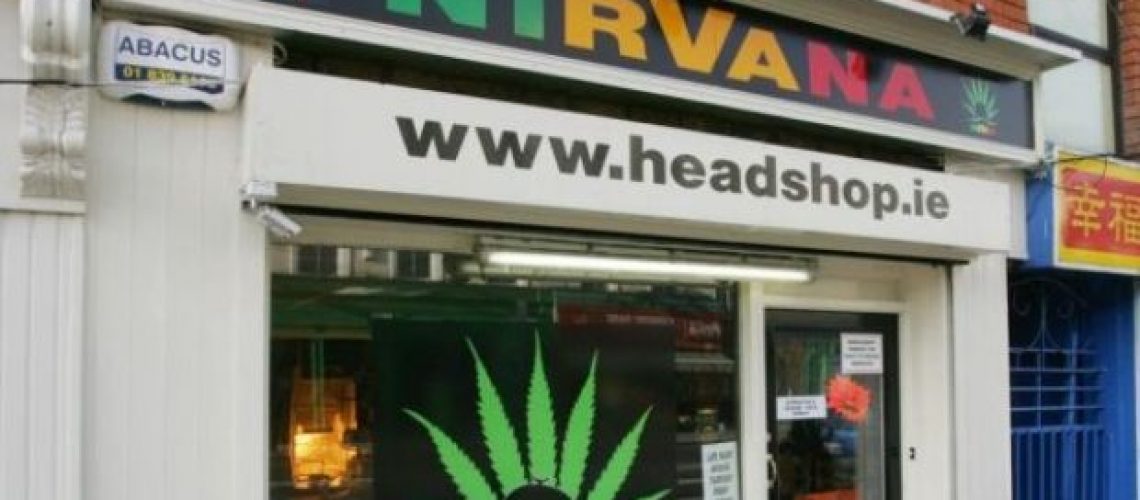There was a significant and immediate reduction in admissions to psychiatric facilities after the strict laws banning head shop drugs were introduced, new research shows.
Head shop drugs, officially termed new psychoactive substances (NPS), started to become popular in Ireland in late 2009. By 2010 there were dozens of shops around the country selling the substances with little or no regulation.
The phenomenon was linked to increased reports of psychiatric issues among young people as well as more muggings by addicts to get money for drugs.
In 2010, young people in Ireland were the biggest users of head shop drugs in Europe, with 7 per cent admitting to using the substances within the last year. Young males were three times more likely to use NPSs compared to females.
At one stage in 2010, 24 per cent of all adults using mental health services reported NPS use in the previous year.
Concern
In response, then minister for justice Dermot Ahern began implementing a series of laws which severely restricted the sale of the NPSs and led to the closure of 80 per cent of head shops.
At the time, experts expressed concern the laws would drive the sale of the drugs underground and do little to address increasingly use.
However, according to a paper just published by Irish academic and health researchers in the journal Early Intervention in Psychiatry, the laws were largely successful in reversing the impact of the NPS trade, at least from a psychiatric point of view.
During what the authors called “the head shop era”, drug-related admissions to psychiatric facilities jumped by about 20 per cent (from 713 in 2009 to 857 in 2010).
Following the passage of the anti-NPS laws, the rate fell from 857 in 2010 to 729 in 2011. This number fell again the following year to 702.
Originally published at: https://www.irishtimes.com/news/crime-and-law/large-reduction-in-psychiatric-admissions-after-head-shop-ban-1.3852629?mode=amp&fbclid=IwAR0bDdzMsFwyVFU939sQ9wtSeTCmpN9elGcfZXSrkppZIIpK1R4GRi6-HU0
